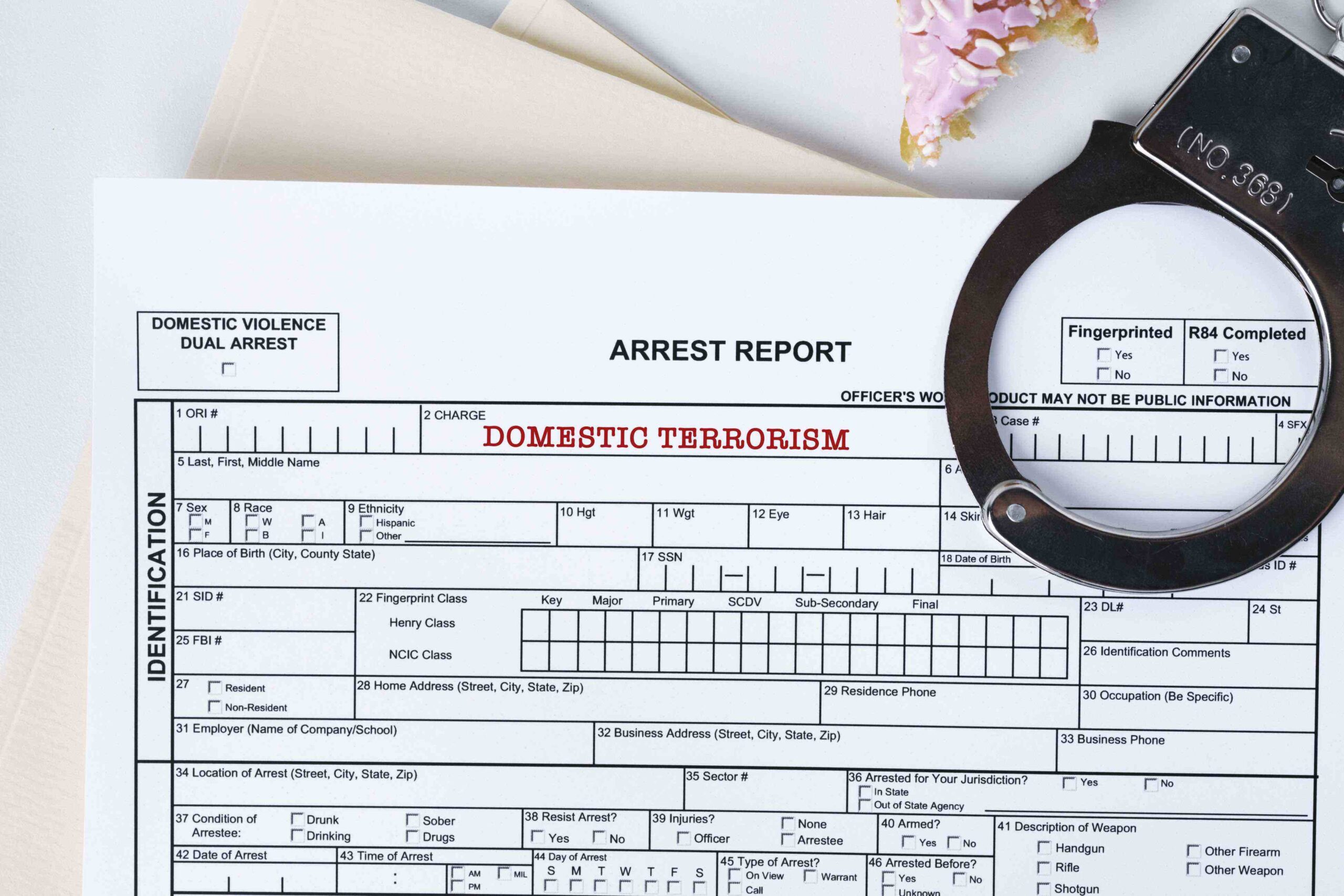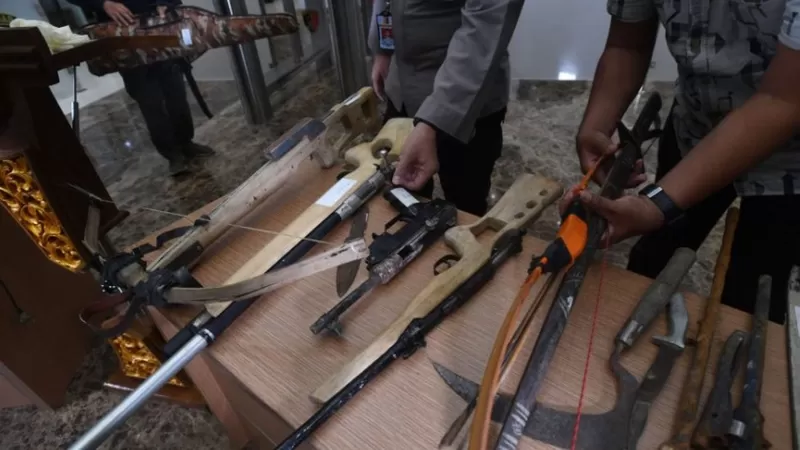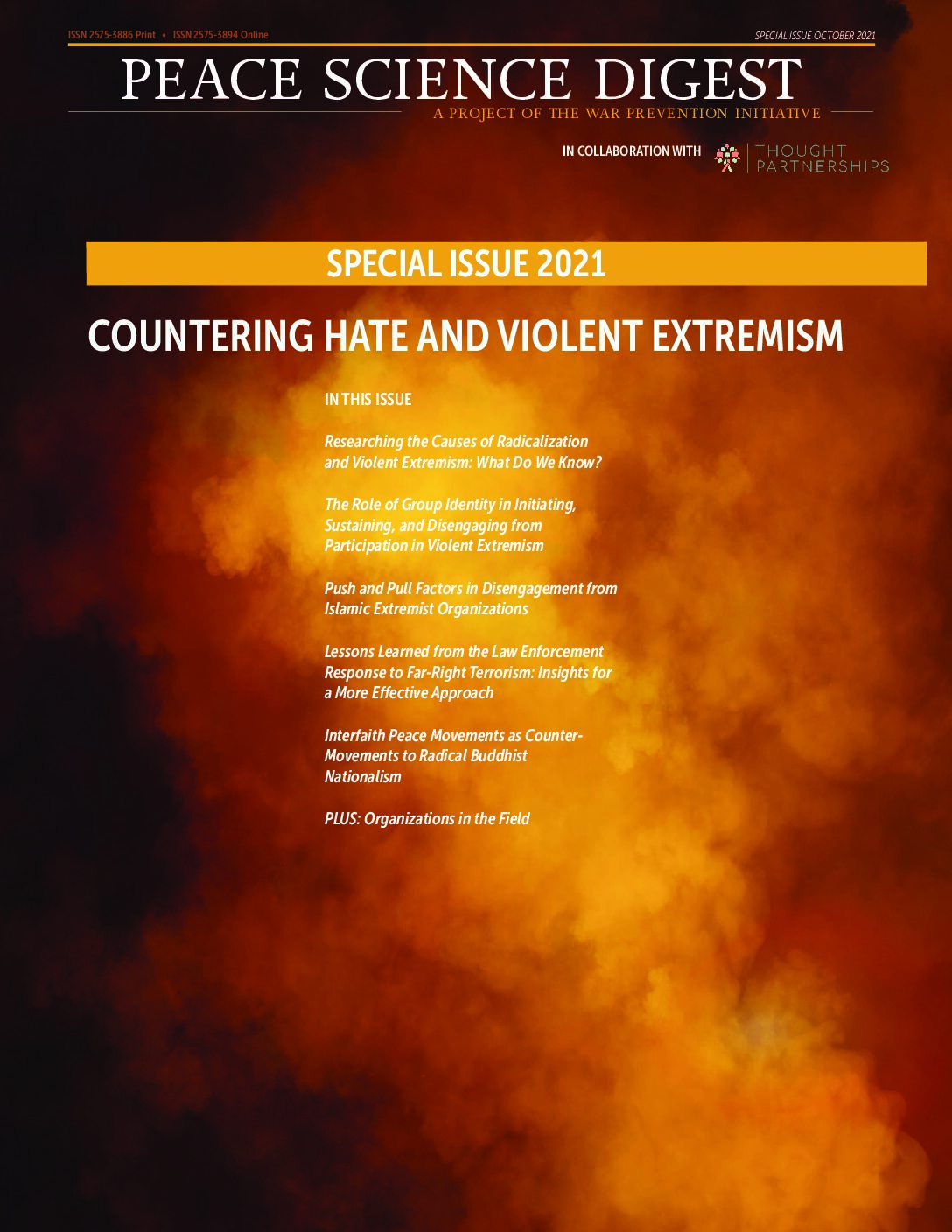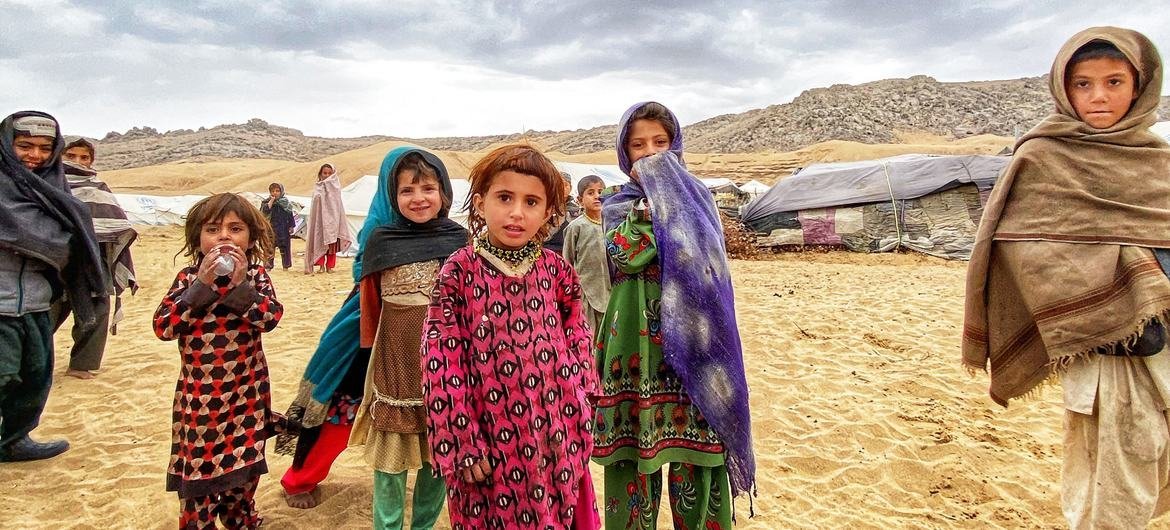
Interfaith Peace Movements as Counter-Movements to Radical Buddhist Nationalism
Although widely perceived to be weaker than and largely reactive to the Buddhist nationalist movements they oppose, interfaith peace movements “constitute important counter-voices” to these movements, finding creative ways to challenge their narratives and activities even within existing constraints.

Lessons Learned from the Law Enforcement Response to Far-Right Terrorism: Insights for a More Effective Approach
Although arrests and a proposed Foreign Terrorist Organization (FTO) designation worked in dismantling the Atomwaffen Division (AWD), the immediate rebranding of the group under a new name undermines the success of the law enforcement response.

Brain and Behavioral Science-Informed Peacebuilding: The Work of Beyond Conflict
Innovation in peacebuilding has left brain and behavioral science largely unexplored. Beyond Conflict seeks to change that.

Push and Pull Factors in Disengagement from Islamic Extremist Organizations
No single factor explains why people withdraw from high-risk activism or political violence; disengagement typically happens because of growing disagreements over time as opposed to singular triggering events.

The Role of Group Identity in Initiating, Sustaining, and Disengaging from Participation in Violent Extremism
Although participation in violent extremism is often thought of as ideologically driven, it is better understood as driven by a need for identity and belonging.

Digital Interventions to Interrupt Hate Online: The Work of Moonshot
Moonshot is a global social enterprise working to end online harms, applying evidence, ethics, and human rights to this endeavor.

Researching the Causes of Radicalization and Violent Extremism: What Do We Know?
Peer-reviewed research on radicalization and violent extremism identifies a “basic structure of the process of radicalization” where an individual has “real or perceived political grievance(s),” perceives participation in violent extremism as somehow appealing or beneficial, and has a “personal vulnerability” expressed as certain personality traits or a mental health concern.

Special Issue: Countering Hate and Violent Extremism
We are pleased to present our special issue on countering hate and violent extremism in collaboration with Thought Partnerships.

Everyday Racism and Violence in Brazil’s Favelas
Racism has a significant impact on favela residents’ daily lives, visibly through police killings but also invisibly through everyday interactions of discrimination and distrust.

Which Women’s Rights? Exploring Gender and Peace in Afghanistan
Rural villagers understood girls’ access to education and women’s economic opportunities outside the home as indicators of everyday peace.

Creating the “Problem of Extremism”
The turn from the GWOT to CVE, with its focus on prevention, broadened the monitoring mandate of security agencies, enabling them to apply tactics based on the assumption that anyone (but mostly the most traditionally marginalized) can be a potential “terrorist” or “extremist,” thereby justifying surveillance, intelligence gathering, and other civil rights violations of so-called suspects.
